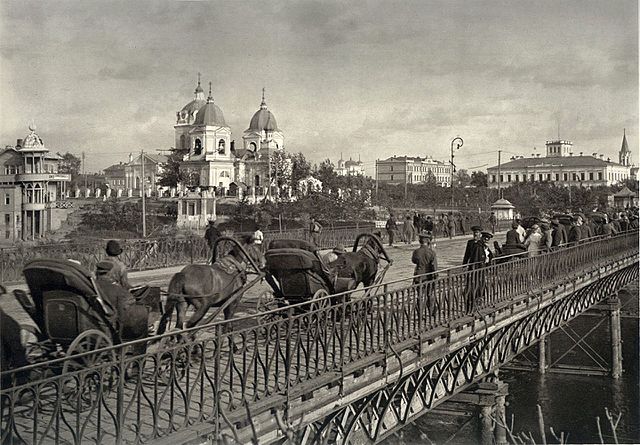Innokenty Fyodorovich Annensky (Russian: Инноке́нтий Фёдорович А́нненский, IPA: [ɪnɐˈkʲenʲtʲɪj ˈfʲɵdərəvʲɪtɕ ˈanʲɪnskʲɪj] ; was a poet, critic, scholar, and translator, representative of the first wave of Russian Symbolism, although he was not well known for his poetry until after his death. In fact, Annensky never wrote professionally; he made little to no income from writing. Instead, he spent his career in academia as a full-time professor and administrator, translator of classic Greek works, and writer of essays and reviews. Despite this, Annensky is considered to be one of the most significant Russian poets from the early 20th century. Critics have cited Annensky's connection to French Symbolism and to the French poet Stéphane Mallarmé for their shared use of "associative symbolism." Annensky was considered to be an under-recognized or neglected poet, but he later gained recognition, particularly in the West, because a number of later Russian poets, such as Mandelstam, Akhmatova, Pasternak, and Mayakovsky, were inspired and influenced by his work.

Innokenty Annensky
Memorial stone to Innokenty Annensky in Omsk, Russia
Omsk is the administrative center and largest city of Omsk Oblast, Russia. It is situated in southwestern Siberia and has a population of over 1.1 million. Omsk is the third largest city in Siberia after Novosibirsk and Krasnoyarsk, and the twelfth-largest city in Russia. It is an important transport node, serving as a train station for the Trans-Siberian Railway and as a staging post for the Irtysh River.
Omsk
The Iron Bridge in 1918
Omsk State Library
Leningrad bridge over the Irtysh






